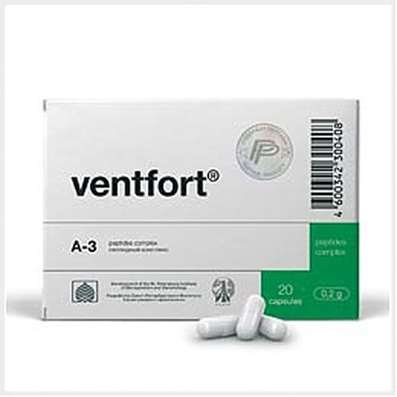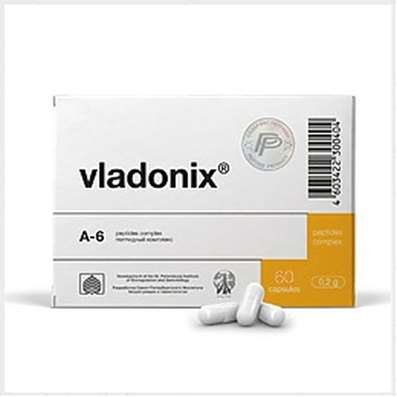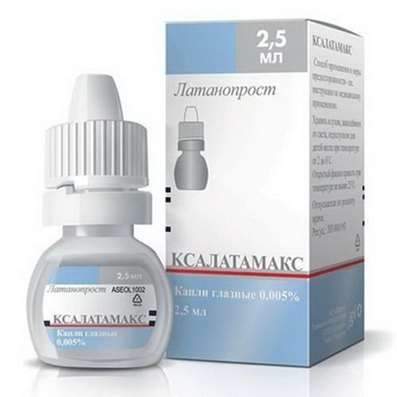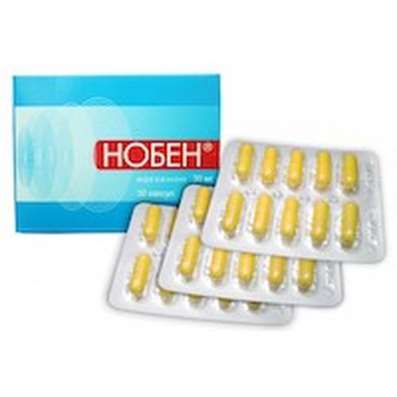Peptides in bodybuilding: properties, effects, influence on muscle growth
23 May 2018
Peptides are a family of substances whose molecules are built on the residues of alpha-amino acids linked together by a peptide chain. These substances can be both vegetable and synthetic origin. In this article, we will consider only those peptides that can be used to enhance the physical performance of the athlete.
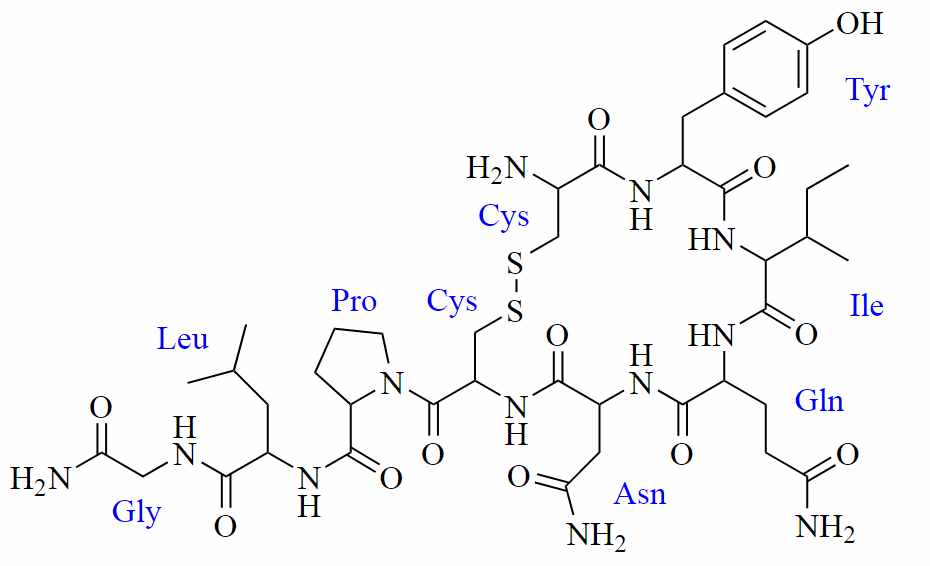
At present, peptides aimed at stimulating the production of growth hormone are widely used in the pharmaceutical market. These include:
The Grelin group (GHRP) - the main feature of this group is that the increase in the production of growth hormone occurs immediately after administration.
This group includes:
- GHRP-6 and Hexarelin
- GHRP-2
- Ipamorelin
Growth hormone releasing hormone (GHRH) group - when using this group of peptides, the increase in production of growth hormone occurs during hours of natural increase in the secretion of growth hormone (for example, at night); at other times, the increase in production will be insignificant.
This group includes:
- GRF (1-29) Sermorelin
- CJC-1295
Benefits of taking peptides
Many athletes may have a question - why take peptides, if it is much easier to use artificial growth hormone? It should be noted that peptides in this regard have several clear advantages:
Significantly lower price, compared with the growth hormone
Taking peptides, it is possible to flexibly control the concentration of growth hormone in the blood, thus achieving a better anabolic response
The production of peptides is not regulated in any way by the law, and therefore they can be acquired legally
The rapid peptide decay period leads to the impossibility of determining them in the body of an athlete during doping tests
Preparations based on peptides can be easily verified for authenticity - for this it is enough to pass tests for the content of growth hormone (somatotropin) in plasma after taking the drug.
Scientific basis for effectiveness
Scientific research conducted in 1998 (Bowers CY: Growth hormone-releasing peptide (GHRP), Cell Mol Life Sci 1998, 54 (12): 1316-29 and Camanni F, Ghigo E, Arvat E: Growth hormone-releasing peptides and their analogs, Front Neuroendocrinol 1998, 19 (1): 47-72) showed that peptides of the GREEN group (GHRP), as well as other non-peptidic substances aimed at increasing the production of growth hormone, really affect its synthesis.
These studies served as a powerful impetus to the creation of food additives that increase the production of growth hormone. At the moment, there is evidence that these supplements actually work - the increase in growth hormone and IGF-1 was observed both at rest and in the course of strength training. However, the effect of these processes on the increase in dry muscle mass was not observed.

 Cart
Cart

